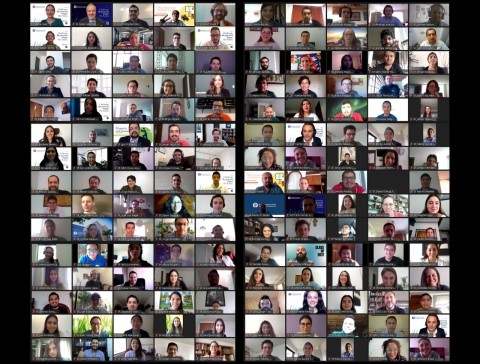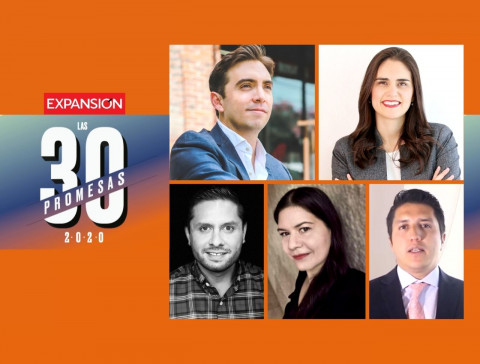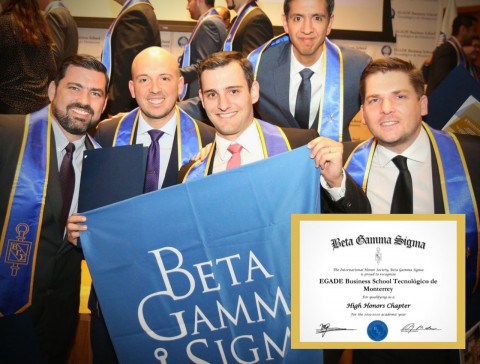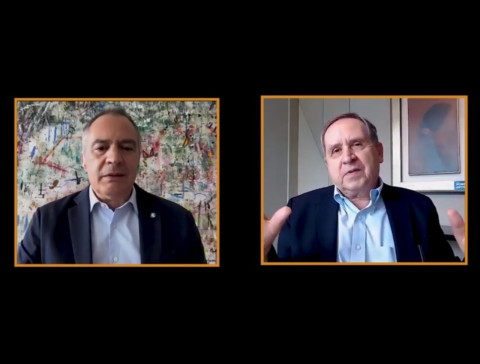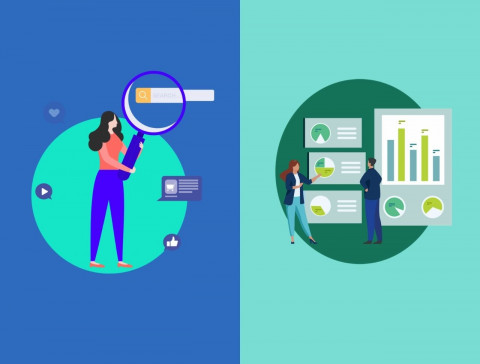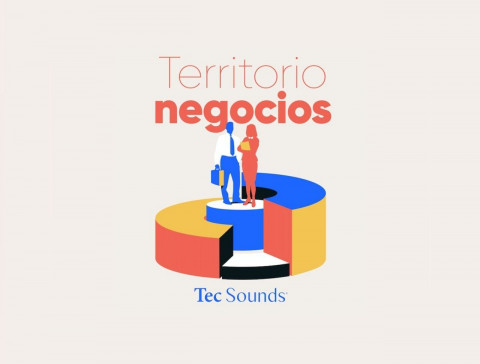The two new programs will start in January 2021.
By JOSÉ ÁNGEL DE LA PAZ | EGADE BUSINESS SCHOOL
EGADE Business School - Tecnológico de Monterrey announced the launch of the Specialization in Digital Strategy and Master in Business Analytics, designed to develop digital transformation and data science experts capable of guiding their organizations towards the new business future.
The two graduate courses have different approaches, but both satisfy a growing demand for leaders trained with a comprehensive business vision and the technological skills necessary to compete in the new business landscape.
“There are technology experts in the market who lack the business knowledge necessary to lead complex business initiatives. There are also many competent leaders in the functional areas of business who fail to understand the potential of the digital revolution and cutting-edge technologies,” explained Gilberto Olavarrieta, Director of Digital Programs at EGADE Business School.
“The Specialization in Digital Strategy and the Master’s in Business Analytics develop both spectra of knowledge, offering the best of the two worlds: leaders with a transformative vision of business and the key skills to implement disruptive and highly competitive technological strategies,” said the academic director.
Specialization in Digital Strategy, a High-impact Opportunity
The new, one-year Specialization in Digital Strategy hones the business vision and technical skills of participants, preparing them to direct and implement digital transformation projects and respond to the needs of their organizations in the face of the accelerated changes of the new business reality.
"Today, companies are forced to 'digitally transform' because the business environment is changing. Some do not have specialists to implement this transformation and are unable to incorporate the technological changes at the required speed. This is both a cultural and a skills issue,” he said.
Through a laboratory-based experiential learning model and an integrating project, students of the Specialization in Digital Strategy learn how to enhance user experience, increase operational efficiency, reduce costs and increase the productivity of their organizations through multiple Industry 4.0 tools and channels designed to optimize results.
Master in Business Analytics, an Unprecedented Program
The new Master in Business Analytics develops in students a disruptive mindset based on data science, preparing them to maximize the results of their companies and giving them a competitive advantage in the growing digital economy.
"This program helps them get to the next level, to lead Business Intelligence and Business Analytics initiatives and solve complex business problems using cutting-edge tools and the most powerful algorithms in the market," said Olavarrieta.
The Master in Business Analytics maximizes learning with laboratories focused on mastering technologies such as Big Data, Machine Learning, Artificial Intelligence, the IoT and Cloud Computing, and accelerates the growth of key skills for analytics, such as data mining, visualization, prediction and diagnostics, in addition to providing proficiency in languages such as SQL, Python and R.
This graduate program also offers networking opportunities by sharing core subjects with students from the EGADE MBA, Master in Finance and Specialization in Digital Strategy.
The two new programs give students recognition as field experts, through certifications issued by leading institutions in the digital sector. Additionally, thanks to a high-value alliance, the technical part is taught by digital industry experts and leaders from the Tec de Monterrey School of Engineering.
Both programs will begin in January 2021 and taught in a part-time, hybrid format in Spanish, at the EGADE Business School’s Monterrey site. The duration of the Specialization and Master's Degree will be 12 and 24 months, respectively.


